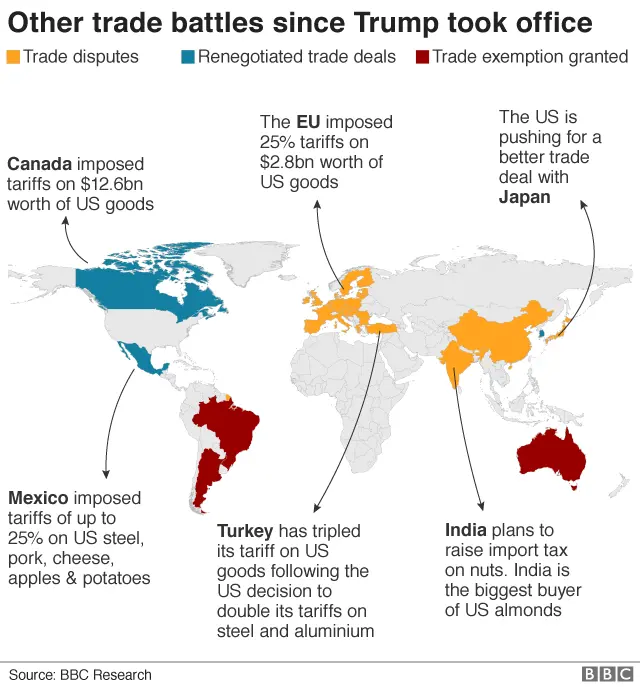In recent years, the landscape of employment has shifted dramatically, influenced by technological advancements and changing societal norms. One of the most significant changes has been the rise of remote work, which has become a staple for many organizations, particularly in the wake of the COVID-19 pandemic. As companies navigate this new normal, job recruiters are employing innovative strategies to attract talent, often utilizing work-from-home perks as a key component of their recruitment efforts. This approach, sometimes referred to as “carrot-and-stick,” aims to entice candidates while simultaneously allowing employers to offer lower salaries than they might have in a more traditional work environment.
The concept of using remote work as an incentive is not entirely new. However, its implementation has gained traction as organizations seek to fill positions in an increasingly competitive job market. Many candidates now prioritize flexibility and work-life balance, making remote work an appealing option. Recruiters are leveraging this preference to attract potential employees, presenting remote work as a significant perk that can offset lower salary offers.
In this context, the “carrot” represents the attractive benefits of remote work, such as reduced commuting time, increased flexibility in work hours, and the ability to create a personalized work environment. Many candidates view these perks as valuable, particularly in urban areas where commuting can be time-consuming and costly. The appeal of working from home can often outweigh concerns about a lower salary, especially for individuals who prioritize quality of life over monetary compensation.
Conversely, the “stick” aspect of this approach reflects the reality of budget constraints faced by many organizations. As companies strive to remain competitive while managing operational costs, they may find it challenging to offer salaries that meet the expectations of all candidates. Consequently, recruiters may resort to offering remote work options as a way to compensate for lower salary packages. This dynamic can create a complex negotiation landscape, where candidates must weigh the benefits of remote work against their financial needs.
The implications of this trend extend beyond immediate recruitment strategies. For many organizations, the ability to attract talent through remote work incentives can significantly impact their overall workforce composition. Companies that successfully implement flexible work arrangements may find themselves better positioned to attract top talent, particularly among younger generations who prioritize work-life balance. This shift in recruitment tactics may also lead to a more diverse workforce, as remote work opens opportunities for individuals who may have previously faced barriers to employment, such as those with caregiving responsibilities or disabilities.
However, the reliance on remote work perks as a recruitment tool is not without its challenges. While many candidates may initially accept lower salaries in exchange for the flexibility of remote work, there is a risk that employee satisfaction could decline over time if they feel undervalued. Organizations must be mindful of this potential pitfall and ensure that they are fostering a positive work environment that recognizes and rewards employee contributions, even in a remote setting.
Moreover, as the labor market evolves, job seekers are becoming increasingly savvy about their worth. Many candidates are conducting thorough research on salary benchmarks and are more willing to negotiate based on their skills and experience. This shift in candidate behavior means that recruiters must be prepared to justify lower salary offers, particularly when they are accompanied by remote work incentives. Transparency in compensation packages, including a clear explanation of how remote work benefits can enhance overall job satisfaction, will be crucial in maintaining trust between employers and employees.
As organizations continue to navigate the complexities of remote work and salary negotiations, it is essential for recruiters to strike a balance between offering attractive perks and ensuring fair compensation. This balance will be vital in fostering long-term employee engagement and retention. Companies that prioritize open communication and equitable treatment will likely see greater success in attracting and retaining talent in a competitive job market.
In conclusion, the trend of using work-from-home perks as a recruitment strategy reflects a broader shift in the employment landscape. While this approach can help organizations attract candidates amidst salary constraints, it also necessitates a thoughtful consideration of employee satisfaction and long-term retention. As the dynamics of work continue to evolve, both recruiters and candidates will need to adapt to ensure that the benefits of remote work are recognized and valued alongside fair compensation.



